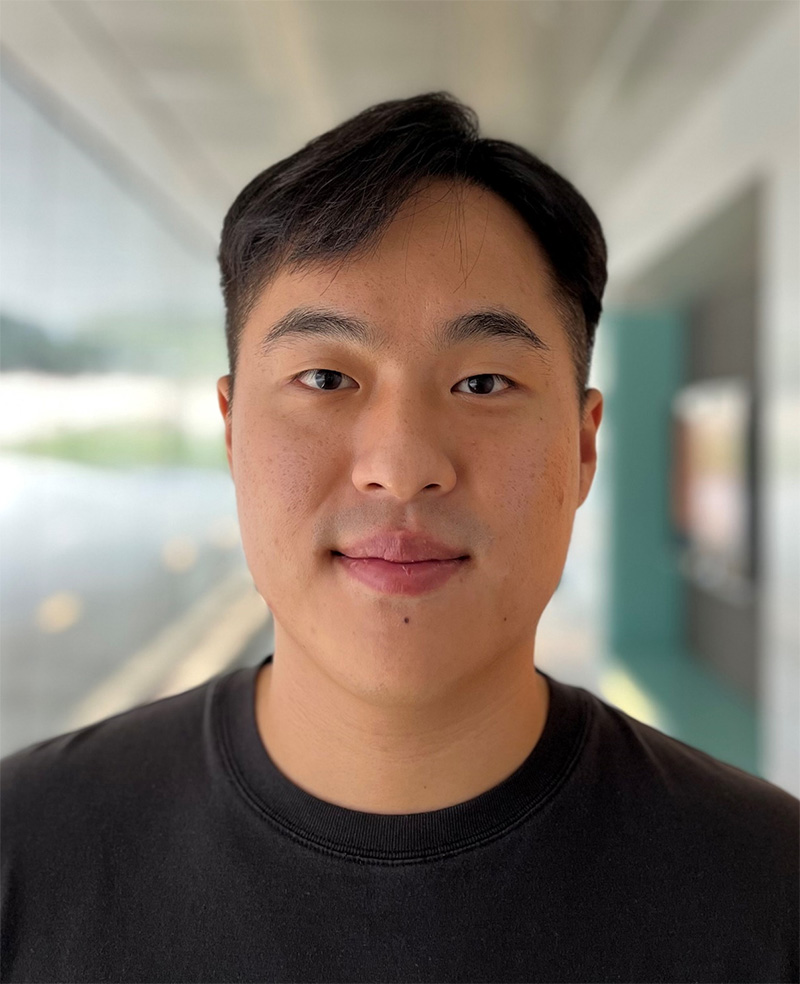Sangmin Yoo awarded Predoctoral Fellowship to support research impacting next generation computing

Sangmin Yoo received a Rackham Predoctoral Fellowship to support his research that focuses on advanced memory technologies for applications in artificial intelligence.
“Artificial intelligence (AI) has shown tremendous potential in many applications,” stated Yoo. “However, wide adoption of AI is increasingly hindered by hardware performance and energy efficiency. Can these problems be solved through device scaling, or should they be resolved through fundamental device and architecture innovations?”
With computing devices about as small as they are ever going to get, Yoo is focusing his attention on new computing devices – and in particular, the memristor (also referred to as resistive random-access memory, or RRAM).
Memristors are devices that can enable in-memory computing with minimal data movement and high degrees of parallelism, offering orders of magnitude better compute energy efficiency and density. These improvements are critical to the ability of computing devices to properly execute many applications in artificial intelligence – but we’re not there yet.
Yoo is working to make memristors more flexible and tunable within devices, which will make them irresistible for modern AI algorithms and applications.
Yoo elaborated, saying “A key theme in my research is to find out the way to tune memristors’ physical dynamics and utilize the tunable dynamics to build the application-specific neural network hardware equipped with native learning rules and information processing capabilities for diverse tasks.”
Inspired by how synapses work in a human brain, Yoo and others in his group developed a new type of device called a 2nd order memristor. This new type of memristor shows superior performance in its ability to classify varied sensory inputs to the system with respect to power consumption and noise robustness.
In future research, Yoo plans to explore new materials and devices to build superior AI processing hardware that incorporates memristors. He also plans to fabricate a hardware system integrated with biological sensors, such as event-based cameras and purposefully tuned memristors that will result in fast and reliable object and action recognition tasks.
Yoo received his bachelor’s degree in Semiconductor Systems Engineering from Sungkyunkwan University in South Korea. He then spent three years at Samsung Electronics before leaving to pursue his graduate studies at Michigan. He has 5 U.S. patents from his time at Samsung.
Yoo’s proposed dissertation title is “Theoretical discovery and experimental characterization of memristor internal physics and physics-based neural network systems for Artificial intelligence.” He is advised by Prof. Wei Lu.
 MENU
MENU 
